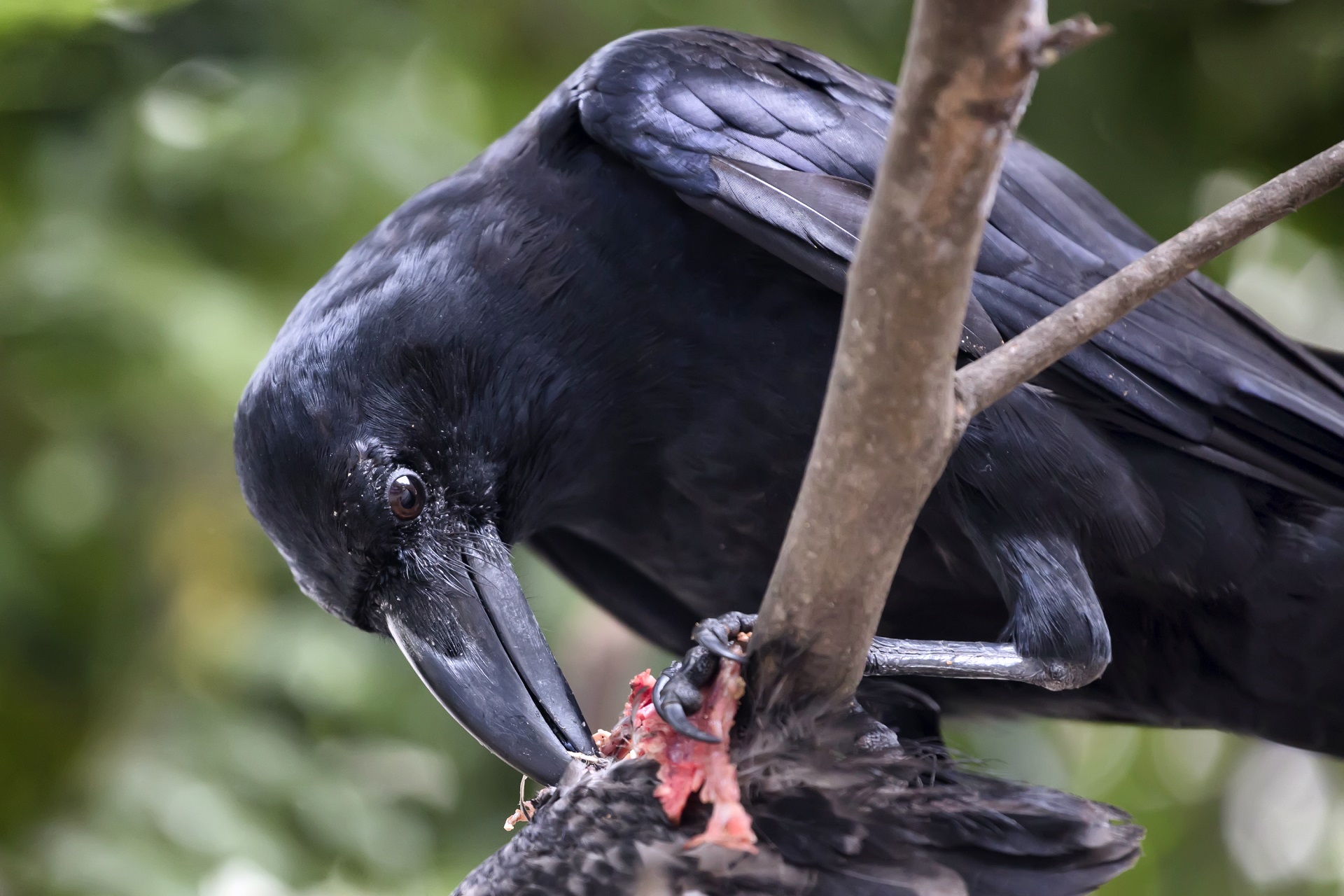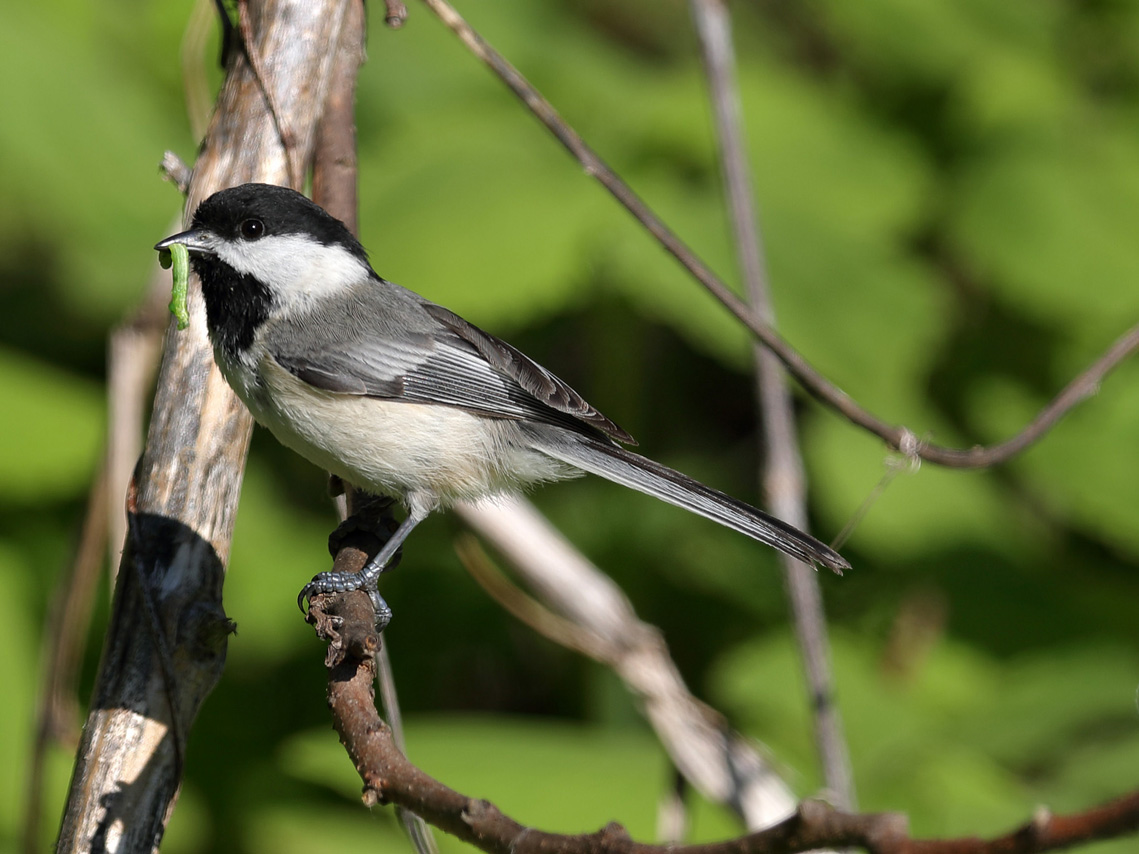Yes, swallows can eat worms. They are known for their insectivorous diet which includes worms as a food source.
Swallows, with their graceful flight and vibrant plumage, are a common sight in many parts of the world. These agile birds catch insects on the wing, making them valuable allies in controlling pest populations. While their diet primarily consists of small flying insects, swallows also incorporate worms into their meals.
Worms provide a nutritious and protein-rich source of sustenance for these avian acrobats. We will explore the fascinating relationship between swallows and worms, shedding light on their dietary habits and the role they play in the ecosystem. So, can swallows eat worms? Let’s find out.
Swallows In The Wild: Feeding Overview
Swallows are fascinating birds known for their remarkable feeding habits. These agile creatures have adapted to a life of aerial hunting, using their speed and agility in flight to catch their prey. Swallows primarily inhabit open areas, including fields, meadows, and bodies of water. They prefer to build their nests near these habitats, as it provides easy access to their food sources.
Swallows’ ability to feed on the wing is essential for their survival. They have a slender and streamlined body shape that allows them to maneuver swiftly through the air. Their long, pointed wings and forked tails provide stability and increased control during flight, enabling them to change direction rapidly when pursuing insects.
Insects play a vital role in a swallow’s diet. These birds are insectivores, meaning they primarily consume insects. Swallows feed on a wide variety of flying insects, including flies, beetles, moths, and mosquitoes. They catch their prey in mid-air, using their beaks to snatch insects through impressive aerial acrobatics. This diet is not only rich in nutrients but also helps control insect populations in the areas where swallows reside.
Can Swallows Eat Worms? Discover The Feeding Habits
The anatomy of swallows plays a crucial role in determining their dietary preferences. With their sharp beaks, swallows are well-equipped to catch and consume various types of insects, including worms. Worms, often found near the ground, form a significant part of their diet. Swallows, being insectivorous creatures, are known to feed on a range of small insects.
The position of worms in the food hierarchy for swallows is noteworthy. While they might not be the primary source, worms are a valuable addition to their diet. Swallows rely heavily on insects such as flies, beetles, and moths, but worms provide an extra source of protein and nutrients.
Ornithologists have observed swallows foraging for worms in grassy areas and sometimes even catching them mid-air. These observations confirm their preference for worms as an occasional dietary supplement.
Beyond Flying Insects: Exploring Diversity In Diet
Swallows are widely known for their aerial acrobatics and their ability to catch insects mid-flight. However, their diet is not limited to just flying insects. These birds also consume a variety of other prey, including worms and other non-flying organisms.
Seasonal Variations In Swallow Feeding Patterns
Throughout the year, the feeding habits of swallows can change. During the breeding season, when they are raising their young, swallows may incorporate worms into their diet. This is because worms provide a valuable source of nutrition for the growing chicks.
However, during other times of the year, swallows primarily rely on aerial insects to meet their nutritional needs. Flying insects are more abundant and provide a convenient and energy-rich food source for these agile birds.
It’s important to note that swallows have adapted to different diets based on their specific nutritional requirements and the availability of prey in their environment. Their ability to be flexible in their feeding habits contributes to their survival and success as a species.
Protecting Swallow Populations Through Diet Understanding
Human activity has a significant impact on the food sources available to swallows. Understanding their diet is crucial for conservation efforts. During migration and breeding seasons, worms play a vital role in providing necessary nutrients to swallows. They serve as a valuable food supplement, aiding their development and survival.
Conserving swallow populations requires promoting a healthy diet for these birds. This involves creating awareness about the importance of worms as a food source and encouraging practices that protect their habitat. By reducing the use of pesticides and promoting organic farming methods, we can ensure the availability of diverse and nutritious food options for swallows.
To support their populations, it is essential to prioritize the preservation and restoration of swallow habitats, such as wetlands and meadows, which provide abundant natural food sources. By understanding and addressing the impact of human activity on swallow food sources, we can contribute to the overall well-being of these remarkable birds.

Credit: www.hww.ca
Frequently Asked Questions
What Insects Do Swallows Eat?
Swallows eat flying insects, such as mosquitoes, flies, beetles, and moths. They catch their prey in mid-air during swift and agile flights, providing natural pest control.
Can Swallows Eat Dried Mealworms?
Yes, swallows can eat dried mealworms. They are a good source of protein and are safe for swallows to consume.
Can You Keep A Swallow As A Pet?
No, swallows are wild birds and keeping them as pets is not recommended. It is illegal in some countries and can be harmful to the bird’s well-being. Swallows have specific needs and natural behaviors that cannot be met in a captivity setting.
What Do You Feed An Injured Swallow?
Feed an injured swallow a diet consisting of insects, such as flies and beetles, as well as small fruits like berries. Make sure the food is soft enough for the bird to eat. Offer water in a shallow dish and avoid giving bread and milk, which can be harmful.
Conclusion
To sum up, swallows are expert worm catchers, and worms are undoubtedly an important part of their diet. These birds possess unique abilities and adaptations that allow them to snatch worms mid-air with precision and agility. While worms make up a significant portion of their diet, swallows also rely on other insects as a food source.
So, if you ever come across a swallow in action, it’s highly likely that it’s devouring a delicious worm to fuel its remarkable airborne acrobatics.

